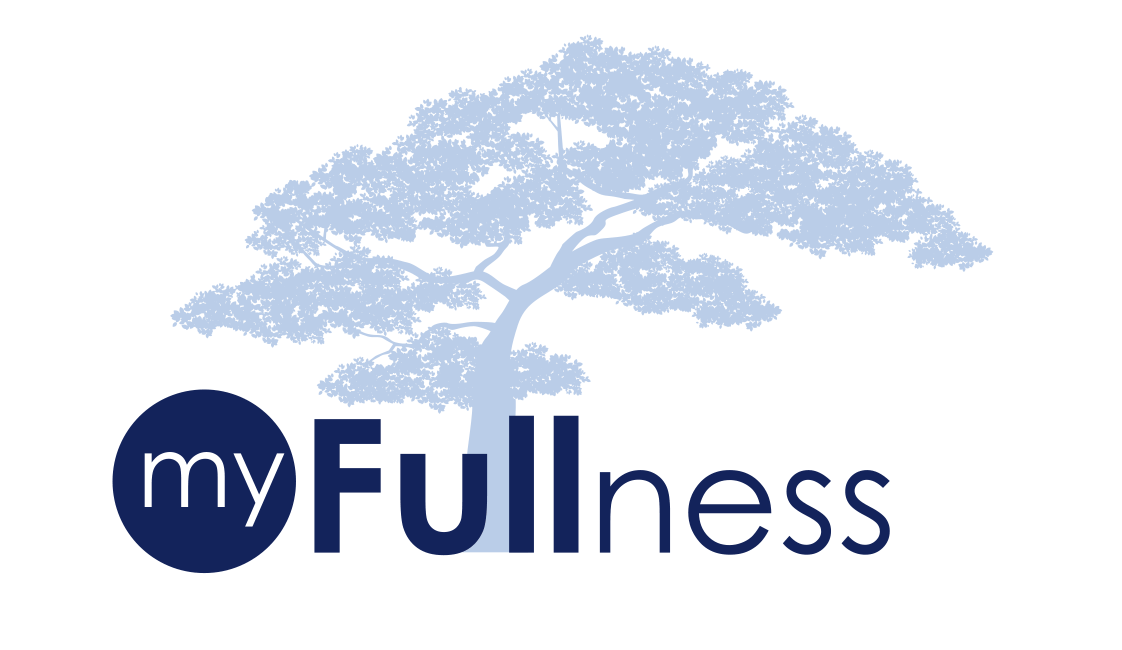Why Mindfulness at the Workplace?
Why mindfulness at the workplace?
Companies like Google, Pfizer, Linkedin, Ford, Apple, Patagonia….. Fully commit with Mindfulness at the workplace. They know it reduces stress and absenteeism, increases productivity, develops better leaders, and generates more creative workplaces. It also enhances cognitive thinking skills and triggers more imaginative solutions.
Mindfulness involves the intentional and non-judgmental focus of our attention on our emotions, sensations and thoughts in the here and now. According to a Pennsylvania State University Study by Daphne M. Davis and Jeffrey A. Hayes, it provides emotional regulation, decreased reactivity, increased response flexibility, interpersonal benefits and interpersonal benefits.
The benefits of mindfulness are many, perhaps the most important reason that companies like Pfizer, LinkedIn, Ford, Apple, Intel, Patagonia… are fully committed with it is its ability to directly improve performance. But today many studies show that there are a number of other important reasons why companies are making mindfulness a priority.
Mindfulness is the ultimate stress-reliever. Stress is more than a performance killer, it’s a people killer. Stress can cause high blood pressure, autoimmune diseases, cancer, heart disease, insomnia, depression, anxiety, and more. Mindfulness is a great stress reliever because it takes you out of fight-or-flight mode and brings you into a relaxed state of mental clarity and calm.
Mindfulness improves your ability to focus. Mindfulness improves your ability to focus on one thing at a time. This focus carries over into everything you do. Mindfulness teaches you to avoid distractions and bring a heightened level of concentration to your work.
Mindfulness boosts your creativity. Creativity hinges on your mental state. Mindfulness helps you to get into a creative frame of mind by defeating the negative thoughts that stifle creative thinking and self-expression. The fact that mindfulness focuses on “the now” helps you to think freely and creatively.
Mindfulness improves your emotional intelligence. Emotional intelligence is the “something” in each of us that is a bit intangible. It affects how we manage behaviour, navigate social complexities, and make personal decisions that achieve positive results. It’s your ability to recognise and understand emotions in yourself and others and to use this awareness to manage your behaviour and relationships.
Emotional Intelligence is one of the most important skills at the workplace. This must be the reason why the giant Google has created its own emotional intelligence curriculum based almost exclusively on Mindfulness.
Mindfulness makes you a better person. Mindfulness trains you to keep up with your difficult emotions, when you are able to hold your fears, anxieties, sorrows, anger, … with self compassion and love towards yourself you naturally develop a deep compassion and humanity feeling towards emotions and difficulties of others.
Probably the main reason and the most important one is that the practice of meditation takes you to know yourself, it leads you to connect with yourself, to know yourself and to know who you really are and what you’re looking for in life, accepting your fears and seeing clearly your values.
And from this encounter with your own being, your personal and professional life will unfold in a different and unique way. You will be an authentic person, who knows what you want and where you’re walking in life.
This way of being and living is priceless for companies who want authentic people.
And above all that, it’s an incredible treasure for yourself.
Sources:
https://www.weforum.org/agenda/2016/01/could-mindfulness-make-you-a-better-leader/
“Mindful Work”, David Gelles, First Mariner Books, ed 2016
Photo by rawpixel on Unsplash



